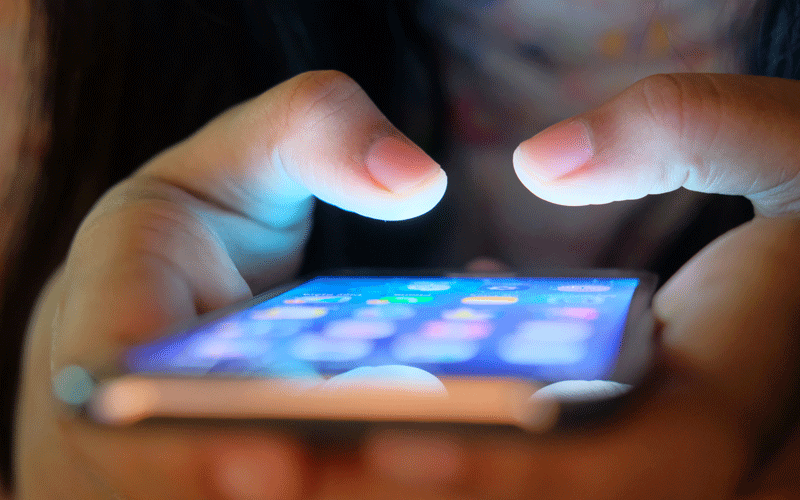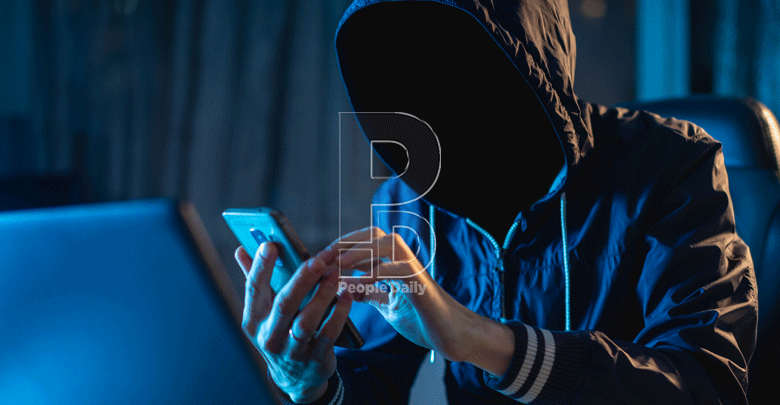Understanding revenge porn and how to get justice if affected

The anonymity that social media platforms afford individuals is often taken advantage of by malicious individuals, who out of scorn or desire for revenge over relationships gone awry, seek to embarrass those that they once cherished.
But many people are not aware that they can get legal recourse if their intimate images are shared online without their consent.
Often we come across intimate images and videos of people we know or probably have seen on social media. Mostly, they feature prominent people like politicians, celebrities or random people who fall victim to relational scorn or blackmail from those who have had access to their private images.
For many, these images and videos are a source of unending entertainment but for the victims, it is a whole different story that can lead to emotional distress, depression and possibly even suicide.
What is revenge porn?
Oxford dictionary defines revenge porn as posting revealing or sexually explicit images or videos of a person on the Internet, typically by a former sexual partner, without the consent of the subject and in order to cause them distress or embarrassment.
Scholars define revenge porn as the intentional embarrassment of identifiable individuals through the posting of nude images online, done out of motives of revenge for relational scorn.
The images are sometimes accompanied by personal information about the subject, including their full name, address and links to their social media platforms or profiles.
Punishable violence
Revenge porn is a type of cyber violence against women and girls, which the United Nations Educational, Scientific and Cultural Organisation (Unesco) says has been increasing since 2015.
In Kenya, such cases are not strange. Early this year, intimate photos of a reality TV star were posted on social media.
In a statement on her Instagram account, she explained that her ex-boyfriend had threatened to leak the videos unless she paid him Sh20,000. Even though she sent the money, the photos still found their way online.
But perhaps the most popular case was for a former Miss World Kenya who successfully sued her former boyfriend for leaking her nude photos to the pageant organisers, Ashleys Kenya Ltd, which resulted in the dropping of her as Kenya’s representative.
According to court documents, the former boyfriend was found in breach of the right to privacy enshrined in the Constitution and ordered to pay Sh1 million in damages.
While there are no laws that specifically deal with revenge porn, there are several provisions of the law that may be applied.
Anthony Odeck, a lawyer at Mwangangi & Nzisa Associates, says many Kenyans are not aware that revenge porn is an offence.
In most cases, victims rarely take action due to lack of knowledge. It is, therefore, wrong to blame them completely as there is no exact law that governs the offence apart from Article 31 of the Constitution, which protects the right to infringement of privacy in relation to property, home affairs, family and so forth.
Odeck says it is only recently that President Uhuru Kenyatta assented to Computer Misuse and Cybercrime Act, 2018, which criminalises revenge porn. Offenders face a fine of Sh200,000 or imprisonment of not more than two years or both.
Odeck says in many cases, these images and videos are taken with consent from both partners.
However, the responsibility falls on the victim in situation where gadgets are hacked and the login details compromised or when such images or video footage are taken without the subject’s knowledge.
However, after the relationship goes sour no party has the right to invade the privacy of their former partner by sharing images and videos to the public.
“The desire to get back at someone who has hurt you is not absurd. Feeling hurt and betrayed can cause anger and urge to inflict the same type of pain on the person who has caused it.
“Controlling those urges can be difficult for some and revenge porn can offer what feels like the ultimate ability to hurt and embarrass someone,” Odeck says.
Adverse effects
He adds that although most people shy away, they have a right to report such cases immediately as there is a proper legal basis for charges to be drawn up against perpetrators.
The more they report, the more perpetrators can get punished and convicted, which will, in turn, deter culprits.
The assumption that cybercrime is silent has made most Internet users fall victim, but they suffer in silence, while perpetrators continually hide under the invisibility of cyberspace.
“It is worth noting that such incidents are unlikely to be reported due to lack of confidence in the law enforcers as shown by research,” he adds.
Immaculate Kerubo, a psychologist, says the growing acceptance of porn in general and the view by many that it is harmless plays a part in revenge porn.
“This leads to lack of understanding and connection to the real pain and damage that the publishing of such private moments can cause.
Porn can also contribute to a lessening of empathy for others which could lead someone to see the actions of revenge porn as justified rather than wrong,” says Kerubo.
Revenge porn can have adverse effects on a person and may lead to suicide because of the victim’s low self-esteem.
Studies have indicated that revenge porn has serious mental health implications for victims, who must cope with long-term personal and psychological consequences, since the videos and images online may continue to haunt them throughout their lives.
Such impact has seen a number of countries including US, UK, Israel, Canada and Australia institute laws to punish perpetrators and protect victims.















